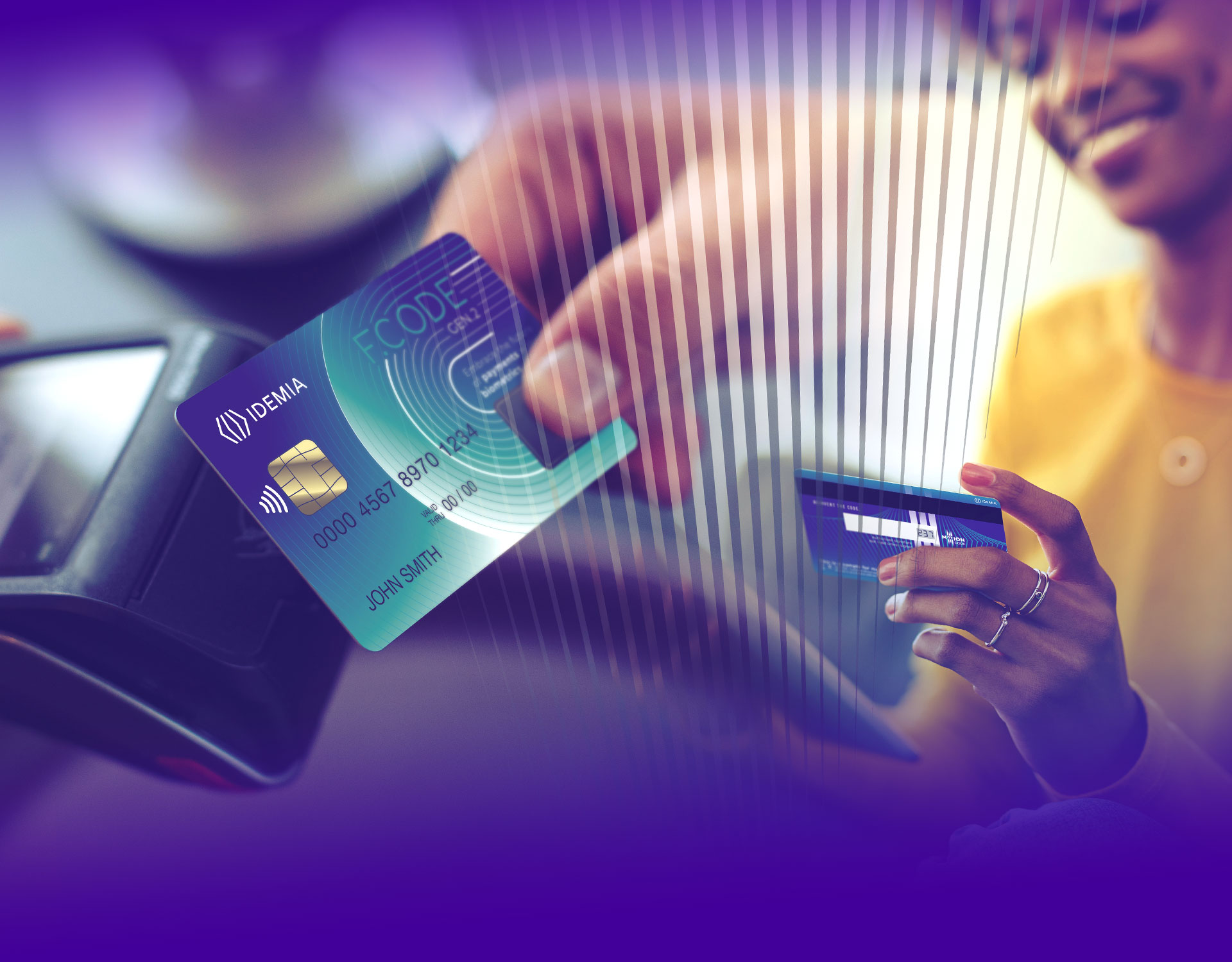While cash on delivery (COD) is still available as a payment option, recent studies have shown that online shoppers in the United Arab Emirates and Saudi Arabia are becoming increasingly comfortable with paying online. This trend has no doubt been exacerbated by the current pandemic. In the UAE, for instance, over 60% of shoppers who shopped online paid at least once by a card or digital wallet and have indicated they will consistently choose this method in the future. To further ensure payment security and consumer safety, IDEMIA has introduced two innovative card solutions for the region’s payment eco-system.
MOTION CODE™: dynamic security code for more secure online shopping
- In the UAE, 48% will opt for digital payments online over COD for future eCommerce purchases and 64% of the population expect the country to become fully cashless by 2030.
- IDEMIA has developed MOTION CODE card to enhance the security of Card-Not-Present (CNP) transactions. MOTION CODE cardholders will find that the traditional static 3-digit security code (CVV) on the back of their card has been replaced by a mini-screen displaying a code, which automatically refreshes on a regular basis. This solution renders copying of card information, including the CVV, useless.
- MOTION CODE is designed with the user experience in mind. It does not require any additional effort on the part of the cardholder: no change of payment behavior, nor any additional and potentially disruptive process such as installing a plugin or having to key in data. This card is ready to use as soon as it reaches its owner.
F.CODE: biometric payment solution
- A recent study revealed that 98% of consumers would like to use at least one method of biometrics to make future payments, with 69% interested in paying using fingerprint recognition.
- Answering consumer demands, IDEMIA was the first to deploy a full range of cards equipped with biometric authentication enabling both contact and contactless payments.
- Through F.CODE, cardholders can make transactions by simply placing their finger onto a scanner embedded in the card. The fingerprint is then matched against the biometric template stored into the card, and the transaction is authorized. Furthermore, with a higher level of security afforded by biometric verification, merchants and issuers will have the option to extend the threshold of contactless payments, which are currently capped at EUR 50 (or AED 220).




